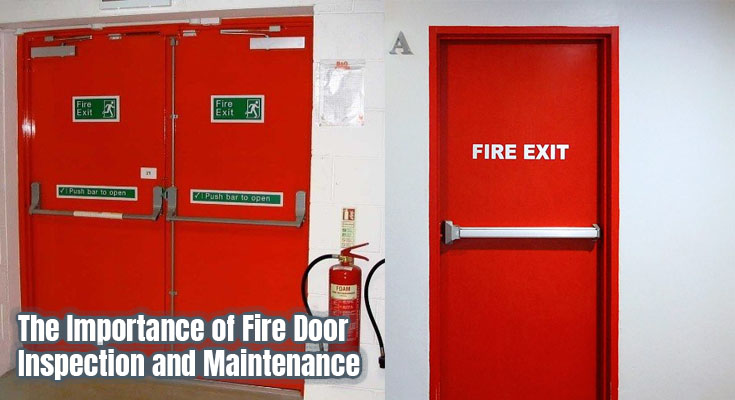
Disruptions In Supply Chain Puts Pressure On Retailers
It’s no secret that the retail industry is always trying to get ahead of the competition. Retailers are constantly looking for new ways to grow their business and attract customers, whether it’s through innovative products or new technology. While these strategies can be effective in growing sales, there are other factors that can affect a retailer’s bottom line: disruptions in supply chain logistics.
Retailers are always trying to get ahead of the competition.
Retailers are always trying to get ahead of the competition. They are always looking for ways to be more efficient, more customer-focused and more innovative. In order to do this, retailers need a clear idea of what consumers want in their products or services and how they can deliver on those expectations. The supply chain plays an important role in helping retailers meet these goals by providing them with information about current trends in consumer behavior so …
Disruptions In Supply Chain Puts Pressure On Retailers Read More




